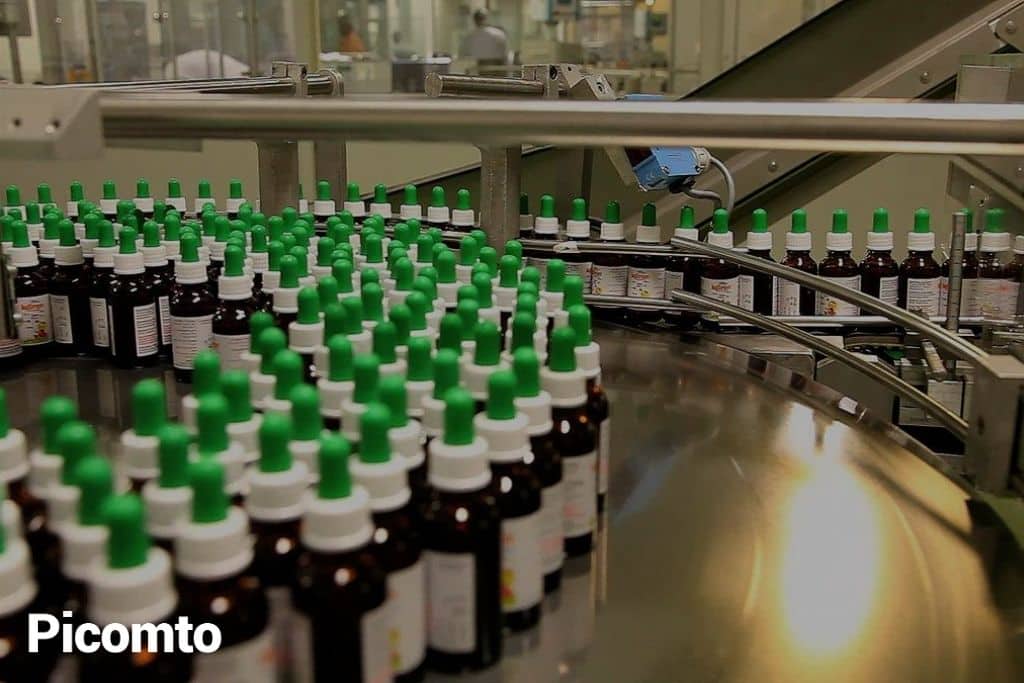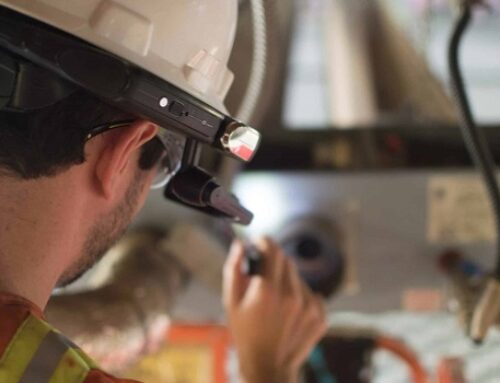
Quality audit is also concerned by the dematerialization of the industry today. This is an unavoidable development that benefits the company in more than one respect. The digital audit is, in fact, faster, more efficient and beneficial in terms of the use and enhancement of information and also allows manufacturers to improve their quality and safety.
The new tools used by technicians and operators (tablets, smartphones, etc.) during the audit, combined with field data collection and analysis software, guarantee performance for the organizations concerned.
The importance of audit in the quality process
In industry, procedures are the basis of any production, safety and maintenance approach. These documents are used to ensure that the manufacturing process is carried out in accordance with all the steps and instructions they contain.
It is therefore essential that these procedures are perfectly written, but it is equally important that its steps are scrupulously followed at the various stations so that the product complies with quality standards and customer requirements.
This is where the audit comes in. Indeed, whether carried out internally or entrusted to a specialised external body, it serves to ensure the proper execution of procedures by operators and services.
The audit is one of the elements guaranteeing continuous improvement and is therefore fully in line with the recommendations of the ISO 9001 standard.
Dematerialized quality audit: saving time and performance
Auditing is therefore an essential action for the company’s performance, but it can only be fully effective when it is carried out efficiently. To do so, it must be able to evolve, particularly in terms of tools and supports.
The digitisation of the latter is therefore an unavoidable and necessary trend. The paper-to-digital transition during audit operations brings its share of benefits in terms of time and efficiency.
Digital forms are used instead of paper documents, where the data collected by the auditor or by managers in the case of internal audits are recorded, and can be easily filled in with a few clicks on a tablet. The audit is therefore carried out more quickly, the risk of slowing down production is considerably reduced and the relevance of the data collected is improved.
Better management and use of information
The digitisation of audit processes also makes it possible to have greater control over information.
New technologies offer the possibility of collecting audit data more easily, but also of transmitting them to the departments concerned (quality manager, manufacturing manager, etc.), referring to criticality grids for discrepancies observed, analysing them with greater precision using sophisticated software tools and guaranteeing their traceability.
When we add the functionalities provided by these media, such as geolocation and image capture, we can see the added value that the company benefits from in its continuous improvement effort through dematerialized auditing.
In other words, it helps to capitalize on the information and, ultimately, make the best possible decisions based on what was observed during the quality audit: consolidation of operator training, possible process improvements, etc.
At Picomto, we have developed expertise in all aspects of the digitalization of industrial documentation. Our experts are here to answer your questions, do not hesitate to contact them.




Leave A Comment